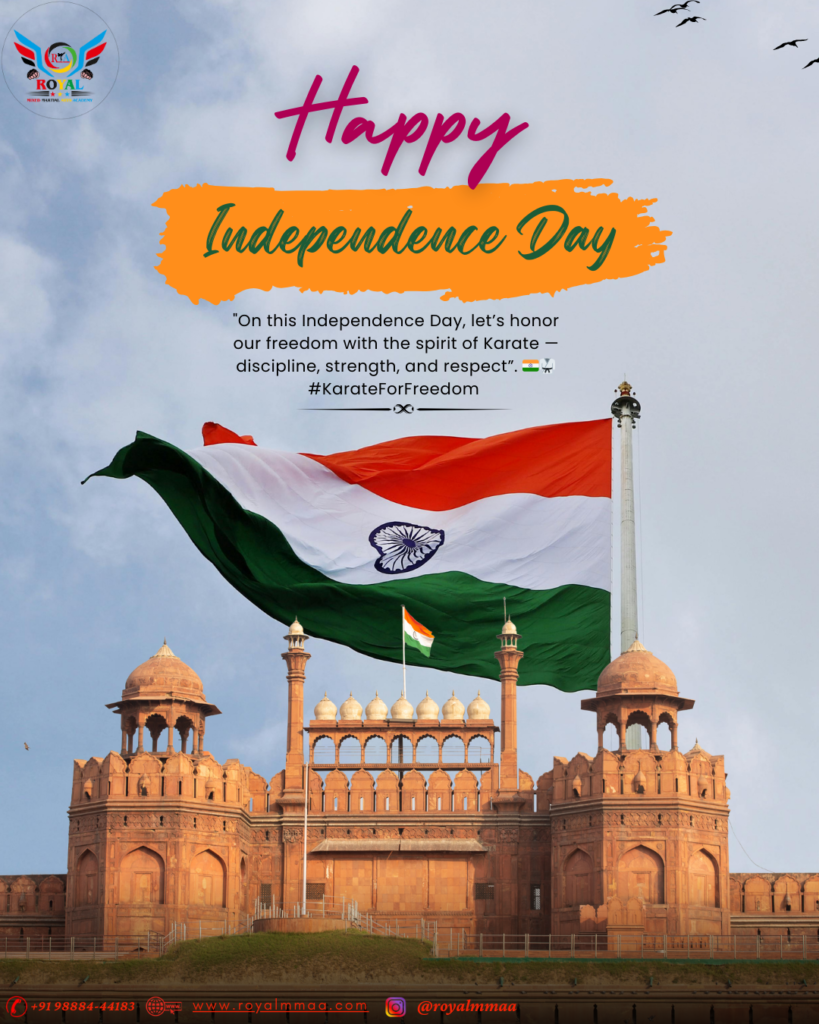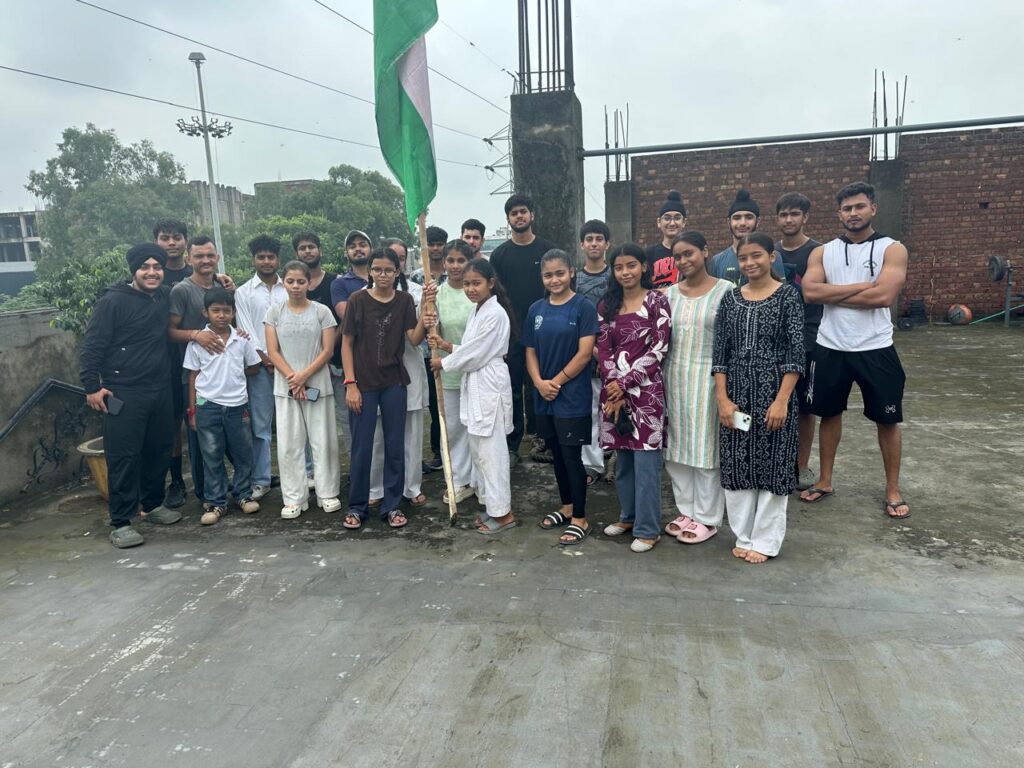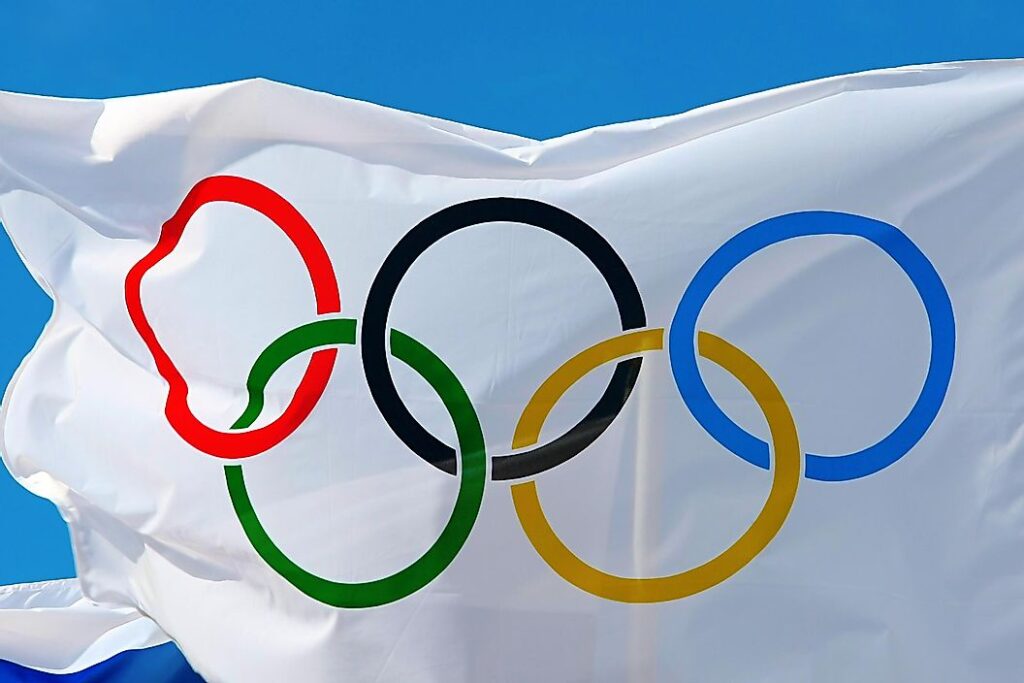
Every year on 15th August, India celebrates its Independence Day with unmatched enthusiasm and patriotic fervor. This date marks a historic turning point in our nation’s journey, the day when, after centuries of foreign rule, India reclaimed her right to self-governance. It is a day of pride, remembrance, and renewed commitment—a day to pay tribute to those who sacrificed their lives for our freedom, and to pledge ourselves to building a stronger, united, and progressive nation.
The Road to Freedom
The history of India’s independence is a saga of courage, sacrifice, and unwavering determination. For over 200 years, India was under British colonial rule, facing exploitation, injustice, and suppression. The fight for freedom was neither short nor easy—it was fought on multiple fronts, by countless individuals, known and unknown, who gave everything for the dream of a free India.
From the Revolt of 1857, often called the First War of Independence, to the non-cooperation and civil disobedience movements led by Mahatma Gandhi, the struggle took various forms. Brave revolutionaries like Bhagat Singh, Chandrashekhar Azad, and Sukhdev laid down their lives for the cause. Leaders like Jawaharlal Nehru, Sardar Vallabhbhai Patel, and Subhas Chandra Bose inspired millions to rise against oppression. Every protest, every movement, every voice raised in defiance added to the momentum that ultimately led to independence on 15th August 1947.
The Historic Midnight
The midnight of 14th–15th August 1947 was filled with hope and emotion. As the world slept, India awoke to life and freedom. The first Prime Minister, Pandit Jawaharlal Nehru, addressed the nation with his iconic “Tryst with Destiny” speech, declaring India’s independence. The Union Jack was lowered, and the tricolor—our national flag—was hoisted high, symbolizing the triumph of justice and the birth of a new nation.
However, independence came with a heavy price. The Partition led to the creation of Pakistan, causing mass migration, communal violence, and immense human suffering. Even amid celebrations, the country faced the monumental challenge of rebuilding itself from the wounds of division.
How We Celebrate Independence Day
Independence Day is a national holiday in India, celebrated with joy, pride, and cultural unity. The centerpiece of the celebrations is the flag hoisting ceremony at the Red Fort in New Delhi, where the Prime Minister addresses the nation, recalling the sacrifices of the past and outlining the government’s vision for the future.
Across the country, schools, colleges, government offices, and communities organize flag-hoisting ceremonies, patriotic song performances, parades, and cultural programs. Children participate in essay competitions, plays, and dances showcasing India’s rich cultural heritage. The streets and homes are decorated with the tricolor, kites soar in the sky, and patriotic slogans fill the air.
Independence Day is also marked by a deep sense of gratitude towards our armed forces, who continue to safeguard our sovereignty. Many people visit war memorials, pay homage to martyrs, and remember the ongoing sacrifices made to keep the nation safe.
The Meaning of Freedom
While Independence Day celebrates the end of colonial rule, it also serves as a reminder that freedom is more than political independence—it is about justice, equality, and the opportunity for every citizen to live with dignity. True freedom means eliminating poverty, illiteracy, corruption, and social discrimination. It means ensuring that no citizen is left behind, and that every individual has access to education, healthcare, and opportunities for growth.
Our Constitution, adopted in 1950, laid the foundation for these ideals, enshrining the principles of democracy, secularism, and equality. However, maintaining these values requires constant vigilance and active participation from all citizens.
Challenges Before Us
In the 78 years since independence, India has made tremendous progress in science, technology, education, and industry. We have launched space missions, built a strong defense system, and become one of the world’s fastest-growing economies. Yet, challenges remain.
Issues like economic inequality, unemployment, environmental degradation, and social unrest continue to demand attention. The fight for gender equality, protection of human rights, and the eradication of corruption is ongoing. The spirit of Independence Day calls upon each of us to work towards solutions, to contribute our skills and knowledge to the service of the nation.
Role of the Youth
The youth are the torchbearers of India’s future. With energy, creativity, and fresh ideas, they have the power to transform the country. On Independence Day, it is important to remind the younger generation that freedom was hard-earned and must be cherished. They must take pride in India’s heritage, respect its diversity, and commit to upholding its democratic values.
Education, awareness, and active civic engagement are key to empowering the youth. Whether through entrepreneurship, innovation, or community service, the youth can ensure that the dreams of our freedom fighters continue to flourish.
Unity in Diversity – India’s Strength
One of India’s greatest strengths lies in its diversity—in its many languages, cultures, religions, and traditions. Despite differences, we stand united as one nation. This unity was crucial in achieving independence and remains essential for our continued progress. Independence Day reminds us that divisive forces must never be allowed to weaken our bonds. Our tricolor represents the unity and harmony of a nation built on shared values and mutual respect.
Personal Responsibility Towards the Nation
Independence Day is not just a celebration organized by the government—it is a personal responsibility for every citizen. Patriotism is not limited to waving the flag or singing the national anthem once a year; it is reflected in our everyday actions. Respecting the law, paying taxes honestly, helping those in need, preserving the environment, and promoting peace in our communities are all acts of true patriotism.
If every Indian fulfills their duty with sincerity, the collective strength will push the nation forward. As Mahatma Gandhi said, “The best way to find yourself is to lose yourself in the service of others.”
Looking Towards the Future
As we celebrate Independence Day each year, we must also look ahead. Our vision for India should be of a nation that is technologically advanced, environmentally sustainable, economically strong, and socially just. We must embrace innovation while preserving our cultural heritage, and ensure that progress benefits every citizen, not just a select few.
In an interconnected world, India also has a role to play in global peace, environmental protection, and humanitarian cooperation. Our democratic values, ancient wisdom, and youthful energy can make us a guiding light for the world.
Conclusion – A Pledge for the Nation
Independence Day is more than a date on the calendar—it is a reminder of the courage, sacrifice, and unity that built our nation. It is an opportunity to renew our pledge to uphold the ideals of freedom, justice, and equality.
As the tricolor waves high in the August sky, let us remember the blood, sweat, and tears that brought us here. Let us honor our freedom fighters not only with words but with actions that make India stronger, fairer, and more prosperous.
May every citizen strive to be a responsible Indian. May we protect our freedom as fiercely as it was won. And may the spirit of Independence Day inspire us to build an India that future generations will be proud to inherit.
Jai Hind!



